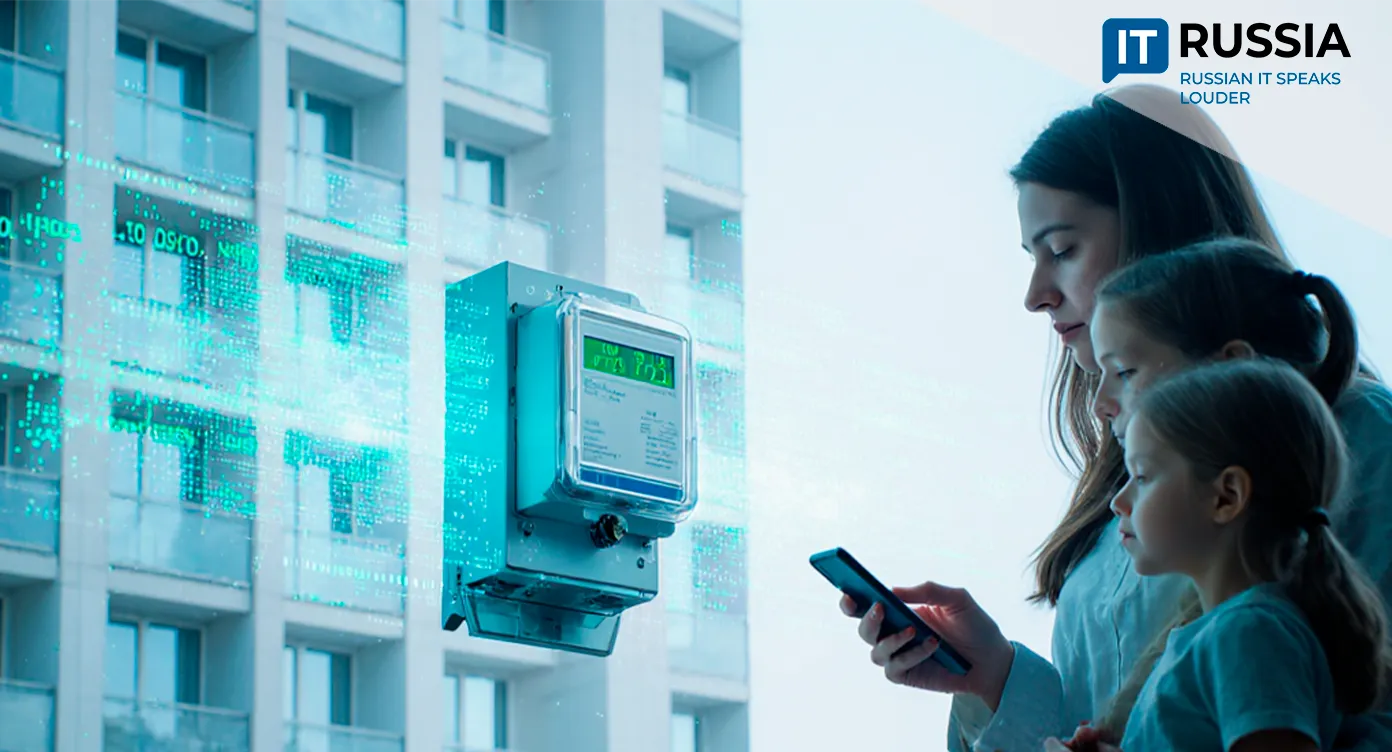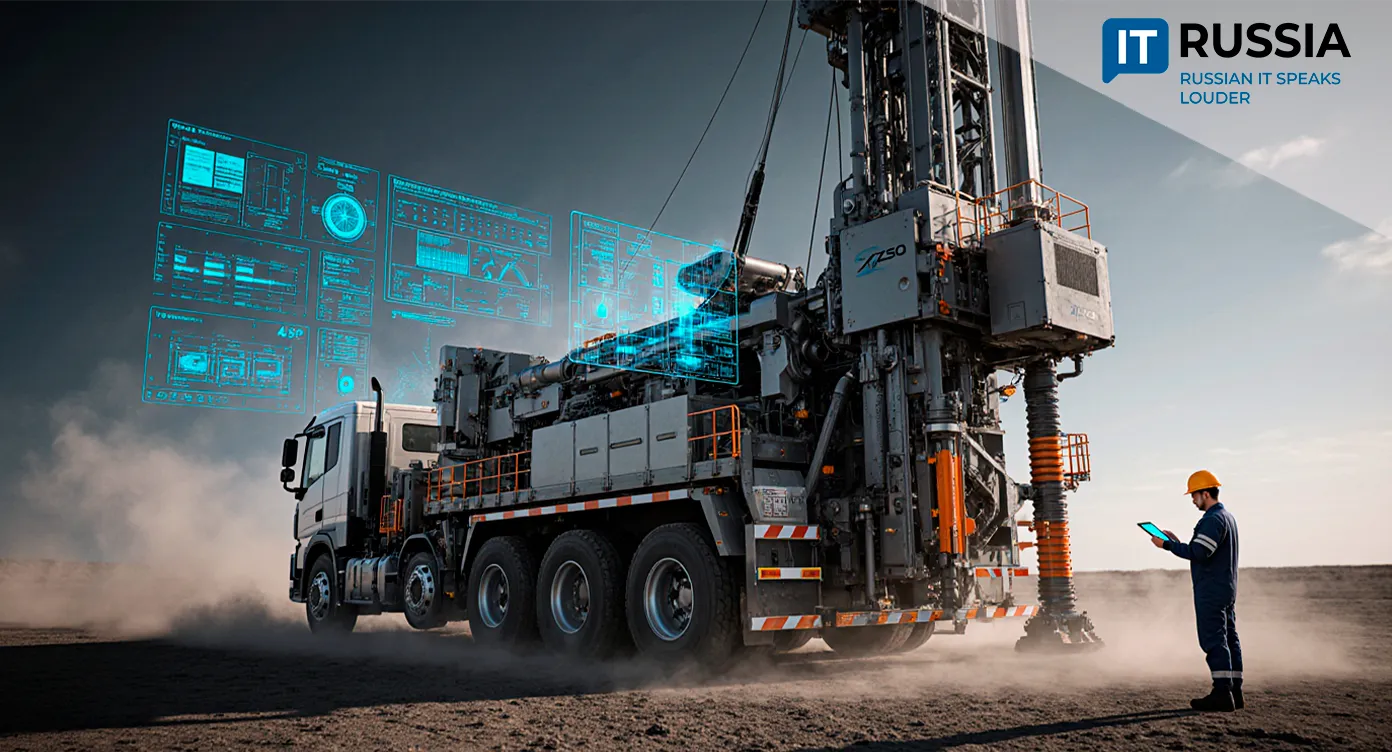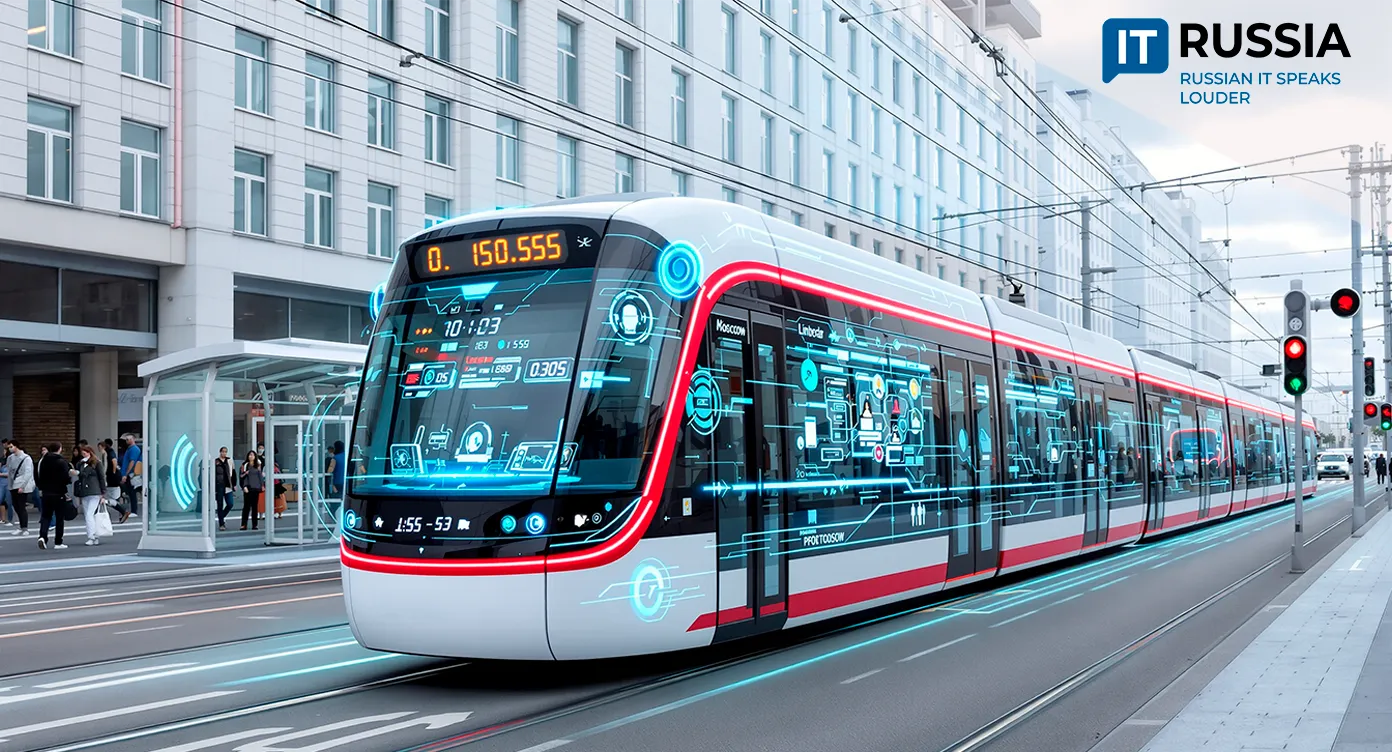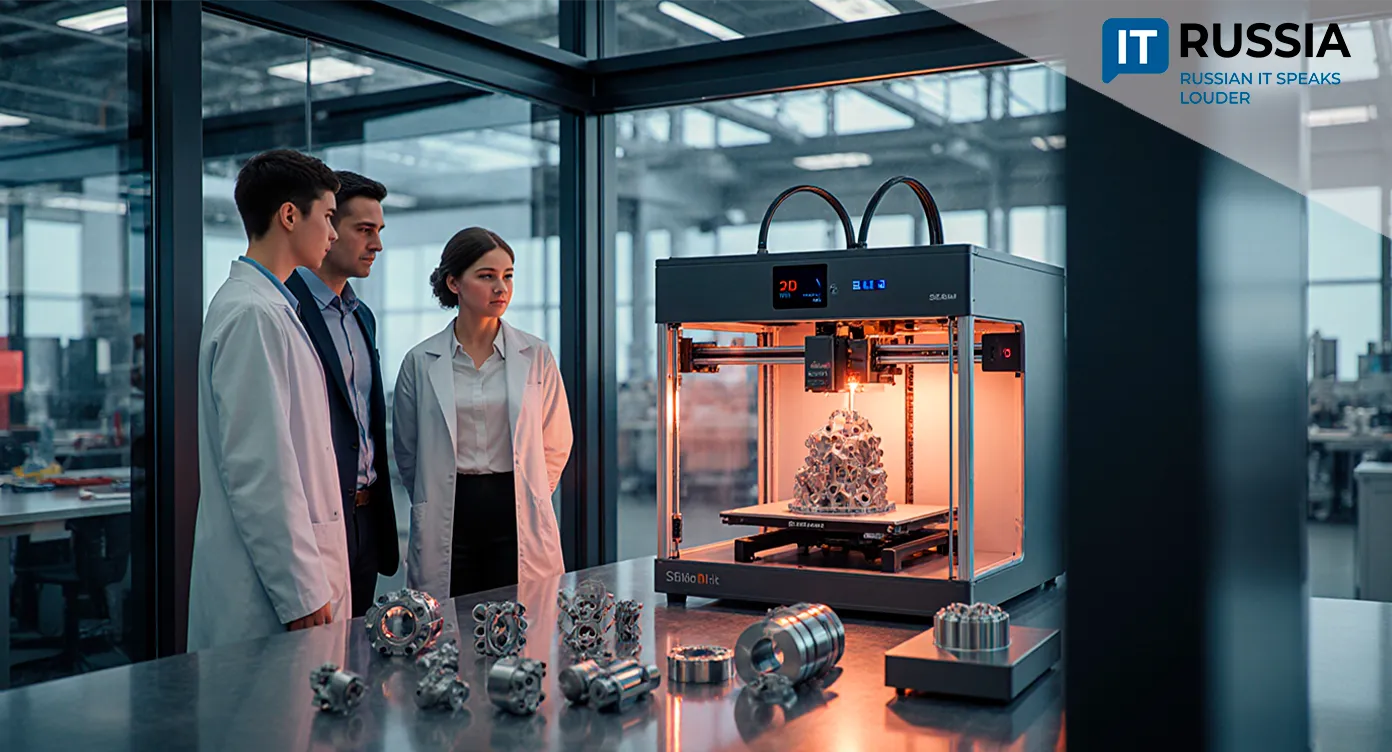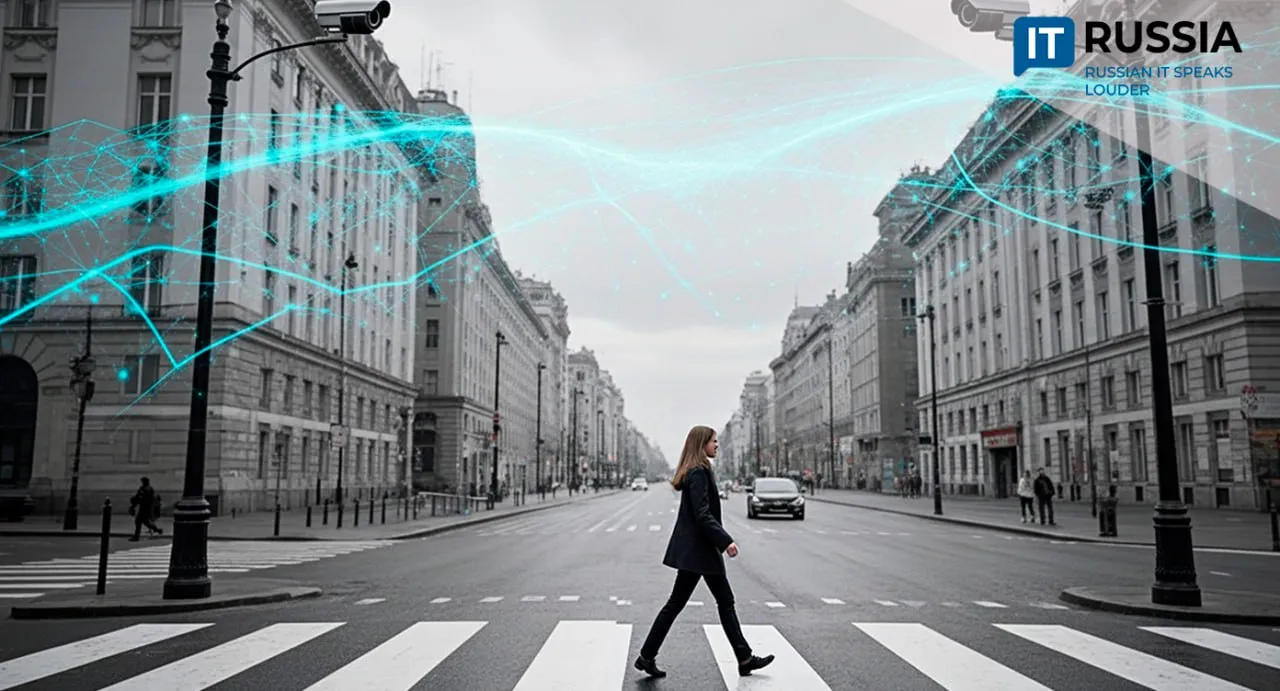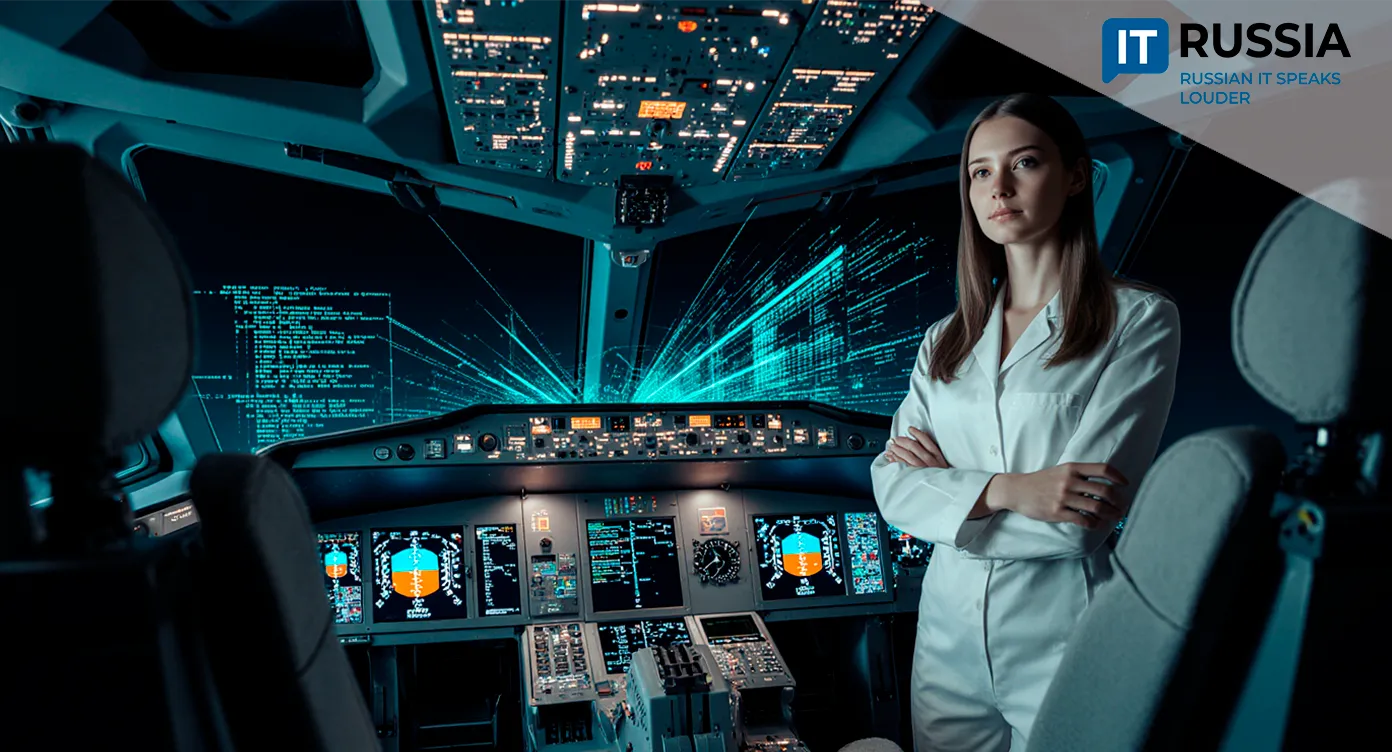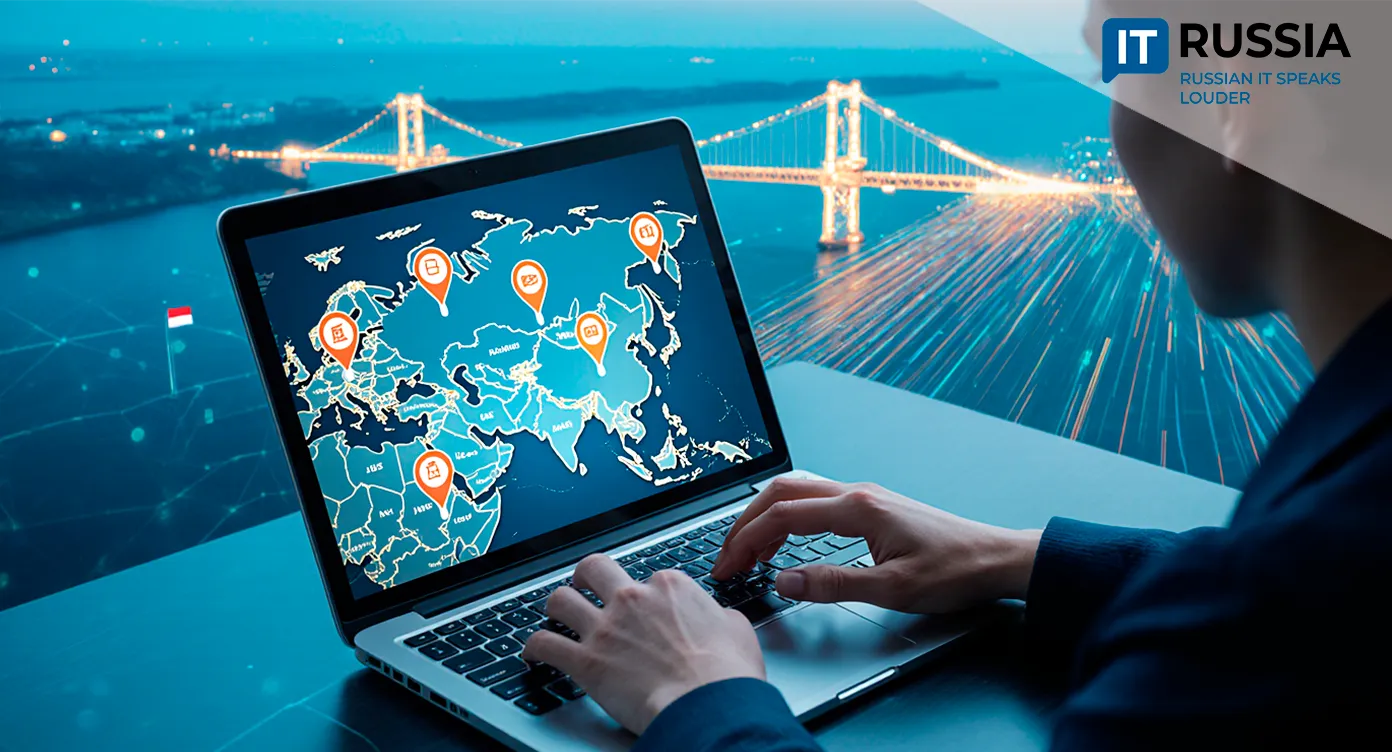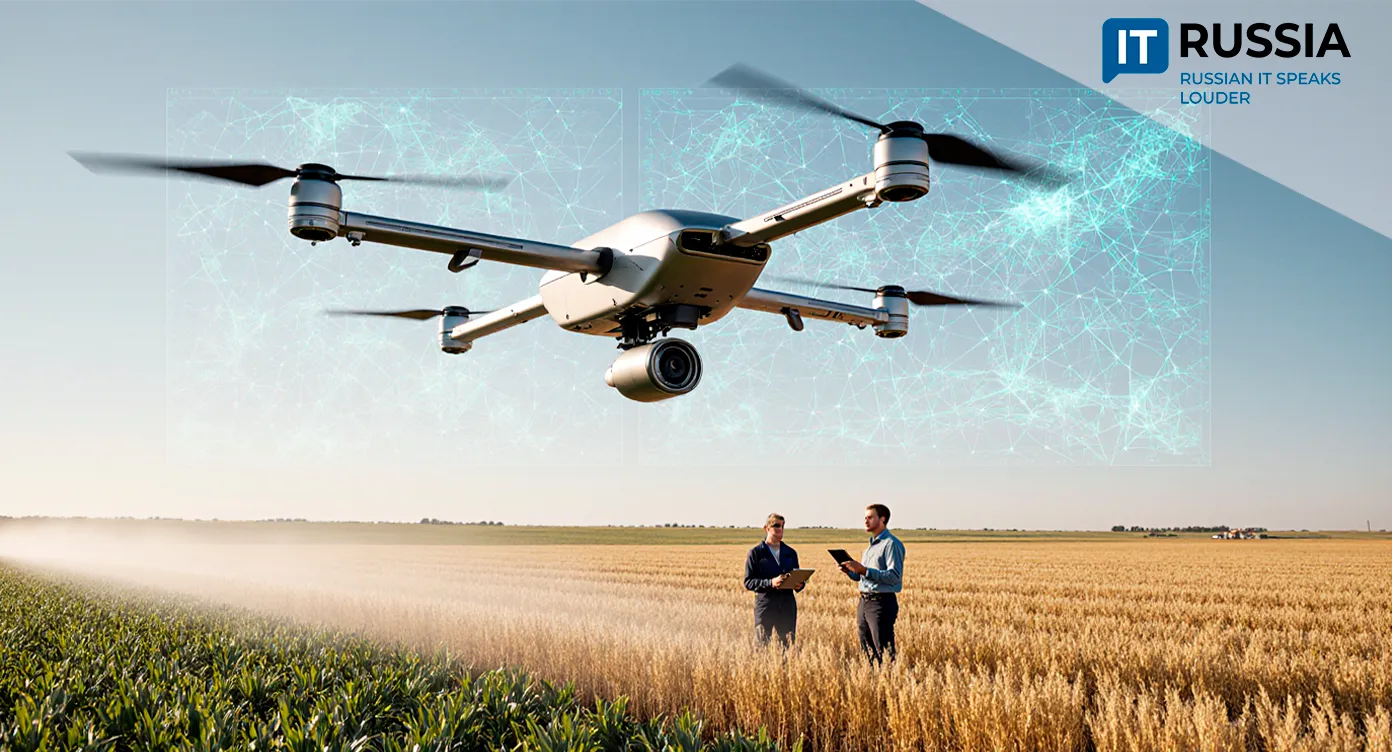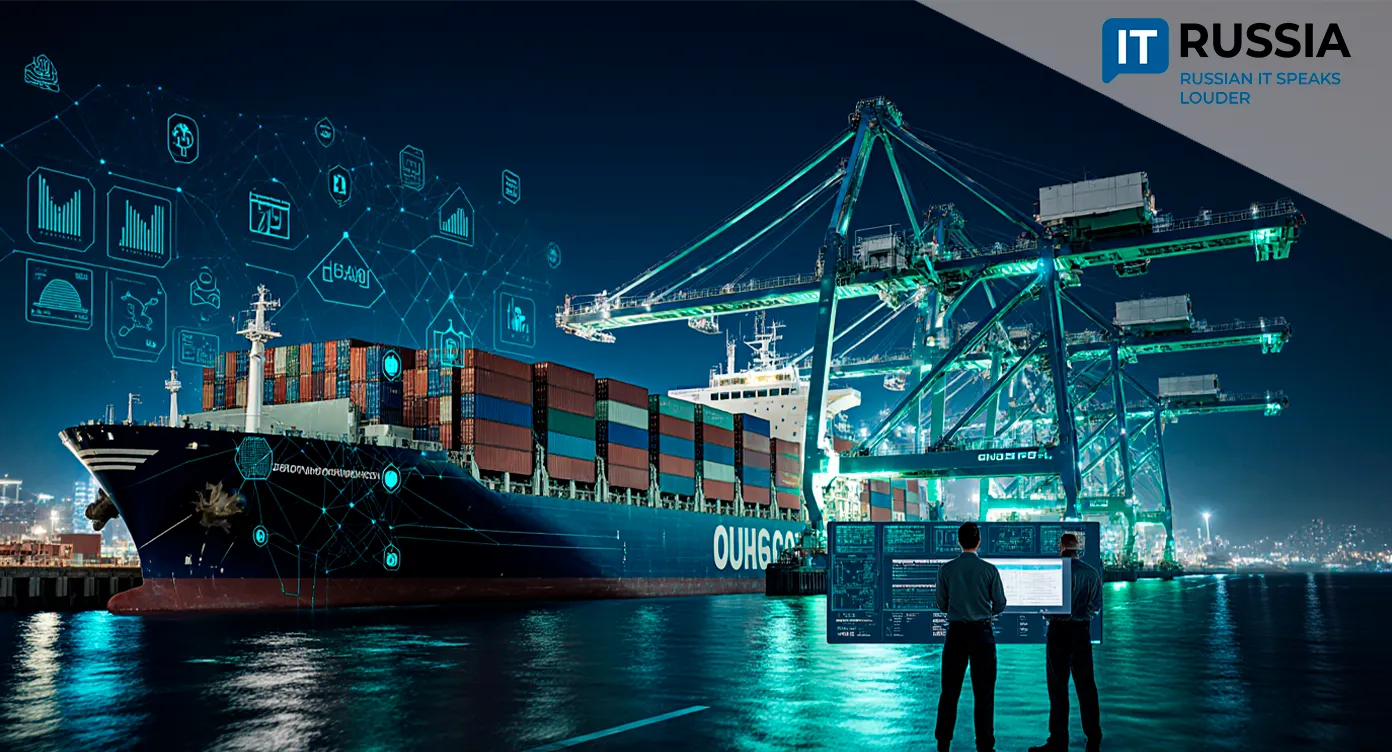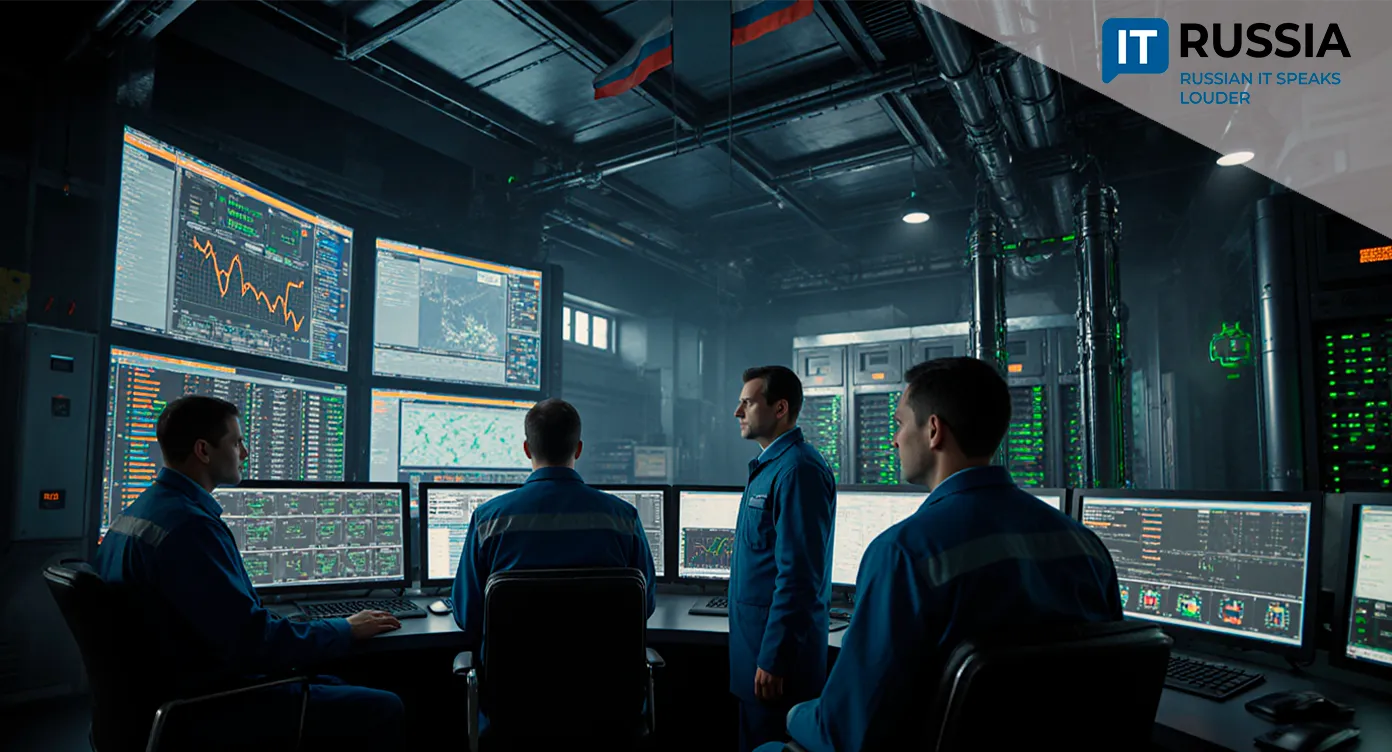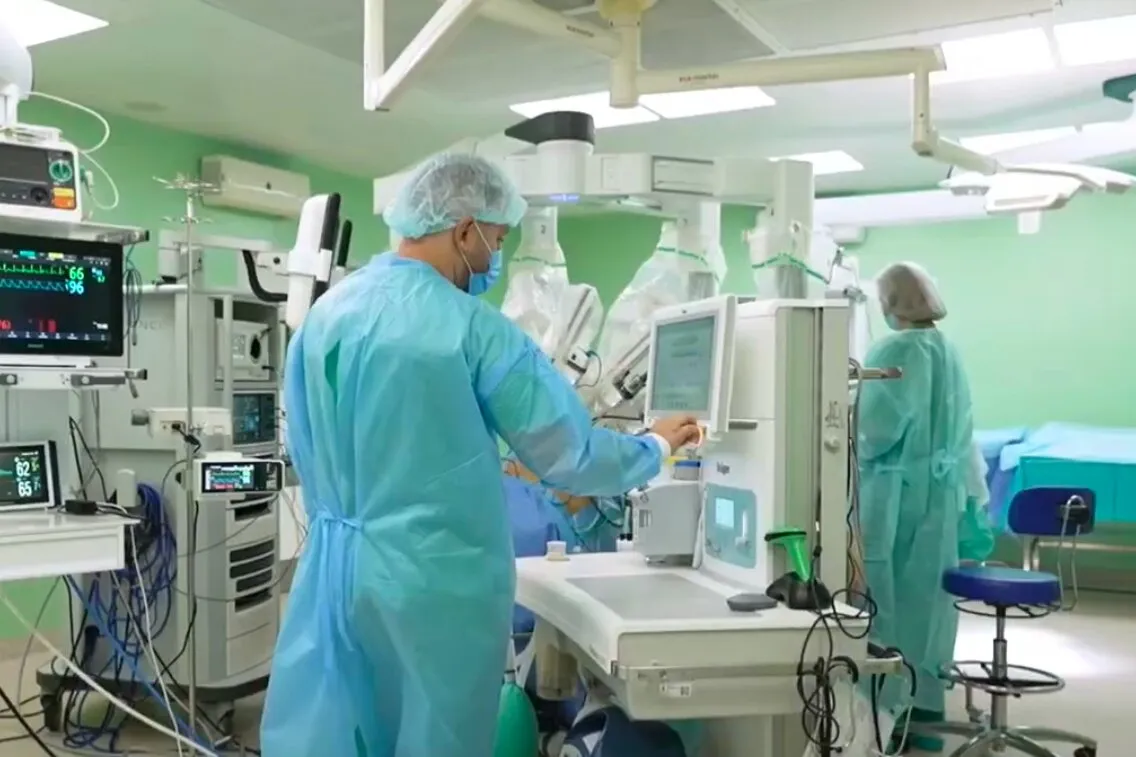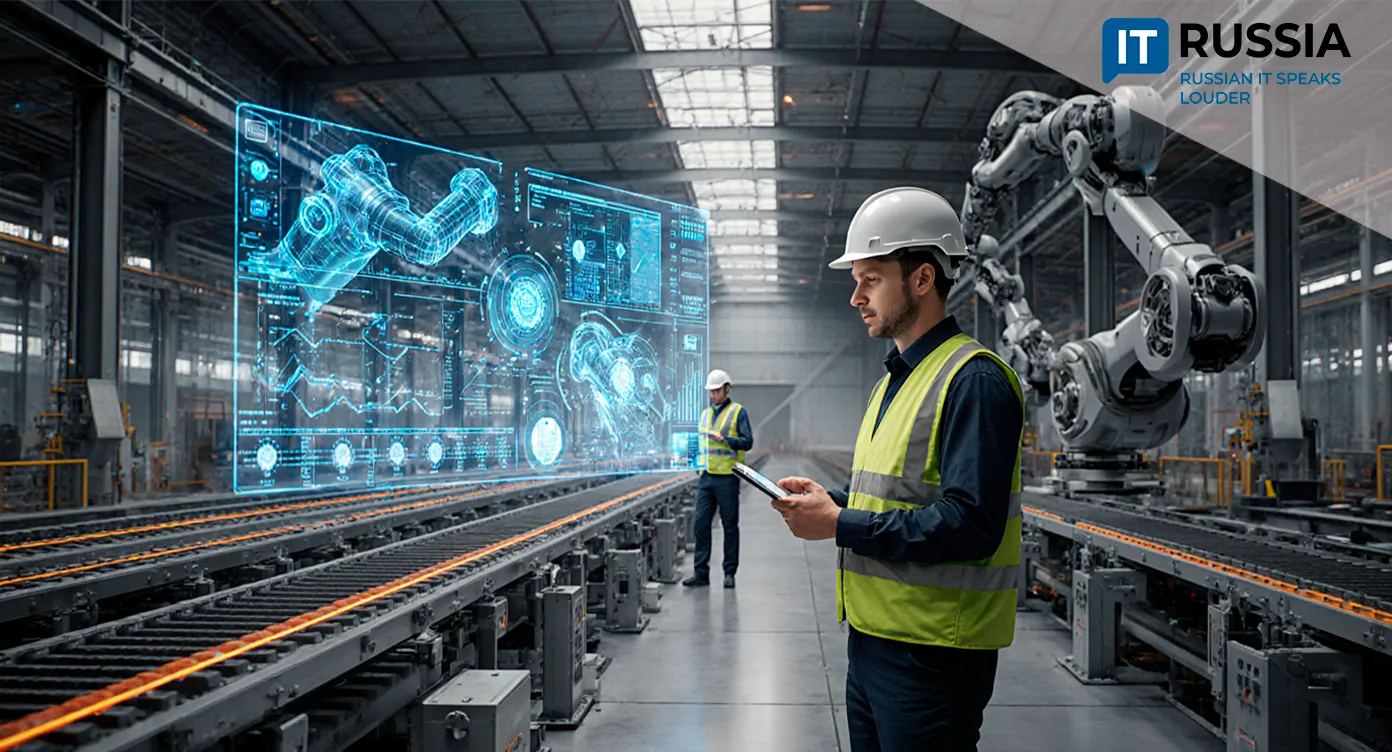Artificial Intelligence Transforms Russian Logistics
Russia’s logistics sector is undergoing a machine learning revolution that is turning traditional freight transport into a high-tech industry of the future.
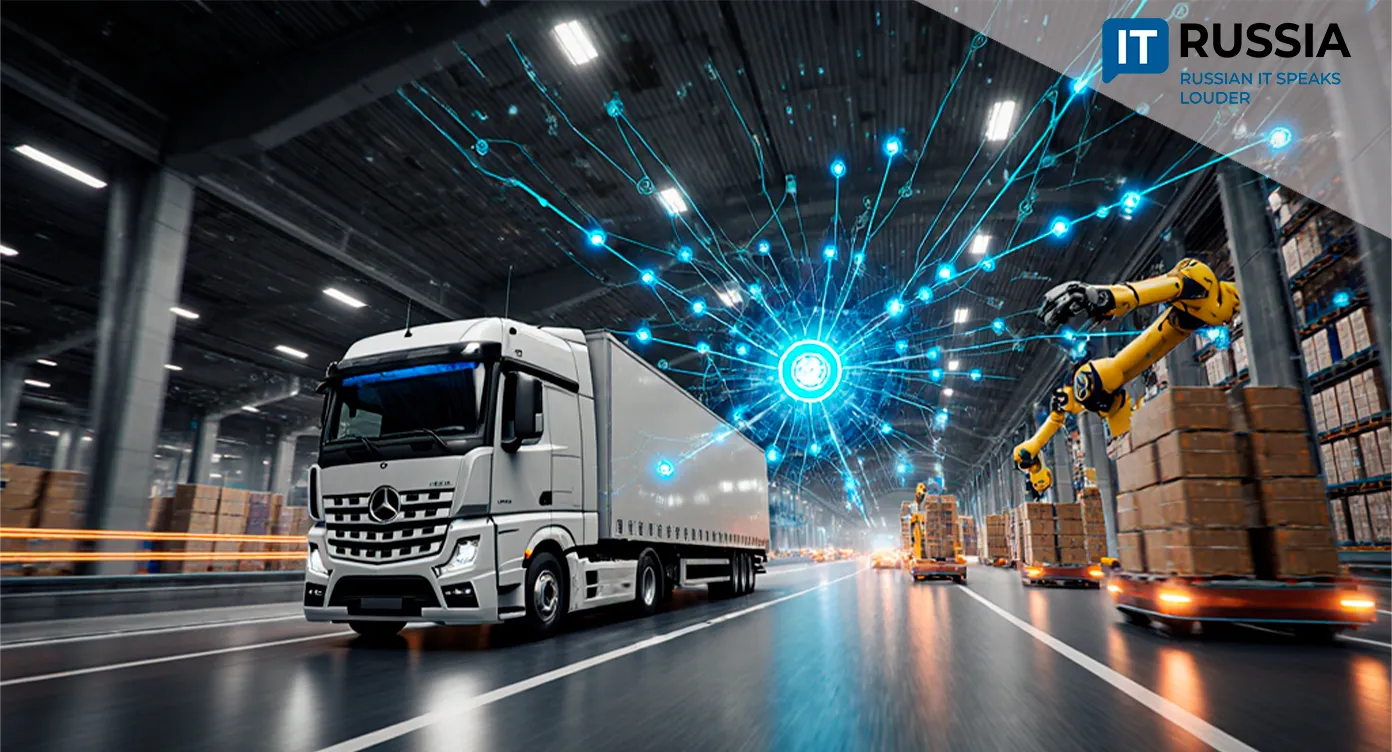
A Digital Breakthrough on Russian Roads
Russia’s logistics industry is already showcasing strong results from the adoption of artificial intelligence (AI). On the Central Ring Road, 67 autonomous trucks are in operation, with the fleet set to reach 100 by the end of 2025. Autonomous trucks developed by EvoCargo have already covered more than 7.2 million kilometers and transported over 800,000 cubic meters of freight.
The economic performance of these technologies is striking. The average speed of autonomous trucks is 11% higher than that of conventional vehicles, significantly reducing delivery times. Fuel and spare parts costs fall by 10–14% on routes longer than 1,000 kilometers. A joint project between Wildberries and EvoCargo demonstrated a reduction of CO₂ emissions by seven tons over a 26,000-kilometer route.
Warehouse logistics is also experiencing major change. Vostok-Service Group has introduced robotic warehouse systems, increasing order processing speed by 2.5 times and cutting labor costs threefold. In a 7,500-square-meter facility, 48 logistics robots managed by the Russian “1C:WMS” system now handle around 157,000 order-picking tasks each month.
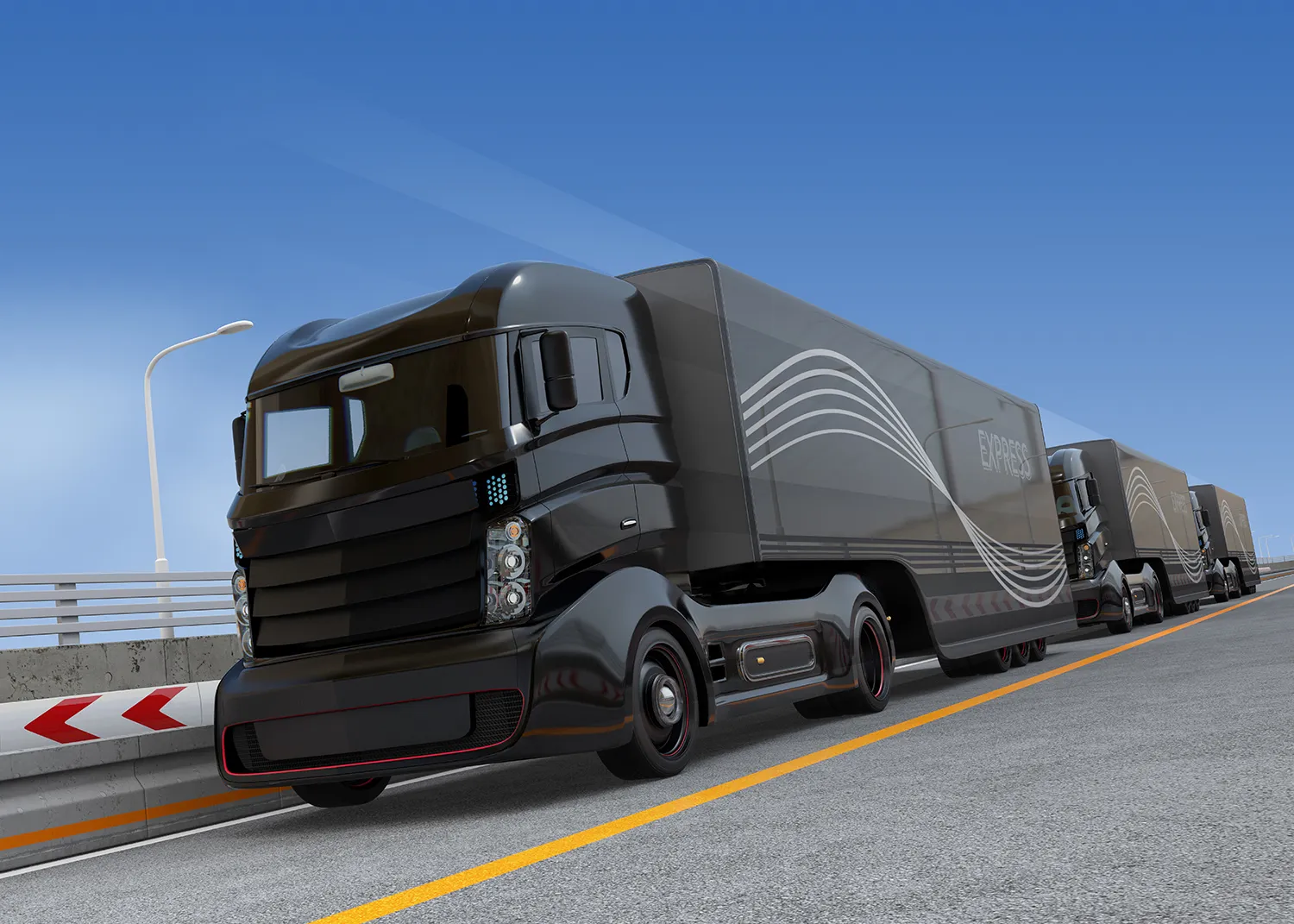
Strategic Outlook for Technology Leadership
Russia’s logistics innovations hold significant export potential amid the global push for digital transformation. The global digital logistics market is valued at USD 39.1 billion in 2024 and is projected to reach USD 210.8 billion by 2037, with an annual growth rate of 14%. In Russia, the WMS systems market is expected to reach RUB 8.8 billion (about USD 94 million) in 2025, up from RUB 5.5 billion (about USD 59 million) in 2023.
Domestic solutions in autonomous transport and blockchain could find strong demand internationally, especially in countries seeking technological independence. Russian exports of unmanned systems are estimated at USD 5–12 billion annually, with Asia seen as the primary growth region.
Blockchain is emerging as a key technology in logistics. A project by Renaissance Insurance and the transport group Delovye Linii leverages smart contracts built on Hyperledger Fabric to automate documentation, reduce error risks, and accelerate insurance claim processing in freight transport.
The Russian government is actively supporting transport digitalization through its roadmap to 2030 and the national “Digital Economy” program. By 2025, a unified platform for electronic transport documents will be launched, along with a national digital logistics framework within the Eurasian Economic Union.
Global Context of Digital Transformation
Automation in warehouse logistics is advancing worldwide. In the United States, China, and South Korea, e-commerce growth, faster delivery requirements, and AI adoption are driving the sector. China’s logistics industry is actively implementing digital tools, while the Asia-Pacific region overall shows the fastest growth, powered by IoT, AI, and cloud technologies. India’s national logistics policy is focused on cutting costs and improving competitiveness of domestic goods on international markets.
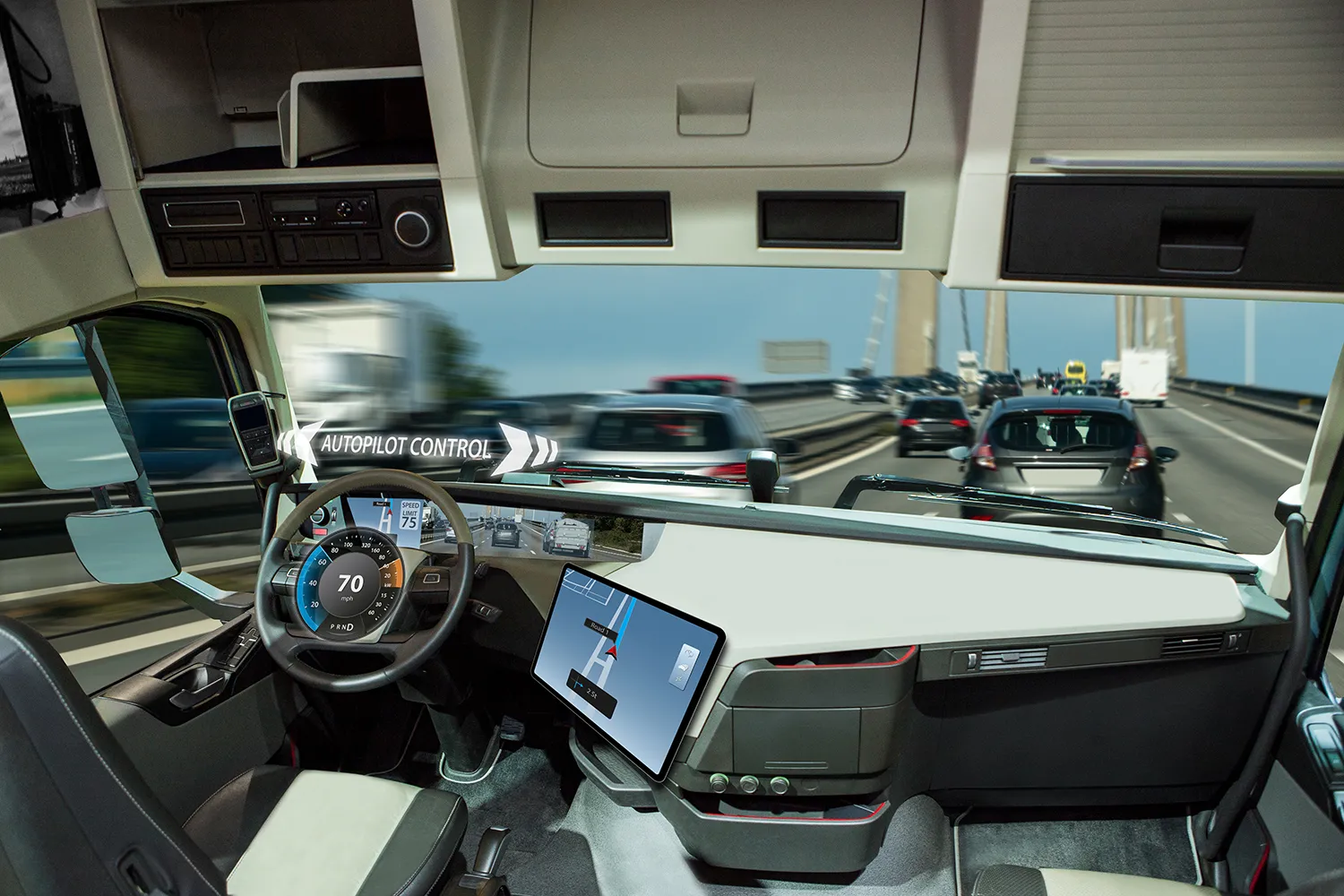
The Internet of Things (IoT) is redefining transport monitoring. By 2025, IoT devices will not only connect with each other but also integrate with enterprise management systems, creating a unified digital space across entire supply chains.
Russia’s Path of Innovation
The development of digital logistics in Russia has followed a steady path from basic automation to advanced intelligent solutions. Between 2020 and 2022, companies widely adopted WMS systems, IoT, and ERP tools for warehouses.
In 2023, pilot projects with robots and AI-based routing began. By 2024, blockchain-based documentation systems were being tested between insurers and carriers.
Russian WMS solutions have moved from lagging behind to achieving leadership. Domestic systems are deployed within 2–3 months, compared with 6–12 months for Western counterparts, while reducing picking errors from 5% to 0.2% and boosting order processing speed by 40–60%. X5 Group implemented domestic WMS across 1,500 Pyaterochka stores in just four months—a record timeline.
Successful warehouse robotics projects, like that of Vostok-Service, demonstrate the potential of these technologies to drive radical efficiency gains. Experts predict that by 2028, warehouse robotics will become a baseline requirement for survival in the logistics services market.
Prospects for Technological Sovereignty
Russian logistics is entering a new era in which digitalization shifts from being a competitive advantage to an industry necessity. By 2030, labor productivity in the sector is expected to rise by 20% due to digital transformation. Demand for advanced digital technologies in transport and logistics is projected to grow from RUB 89.4 billion (about USD 950 million) in 2020 to RUB 626.6 billion (about USD 6.7 billion) by 2030.
The coming years will be decisive in shaping the industry’s trajectory. In 2026, the M-12 “Vostok” highway will open to driverless freight transport, creating a seamless corridor from St. Petersburg to Kazan. AI tools for automating inventory management, routing, and delivery monitoring will define the next stage of logistics digitalization.
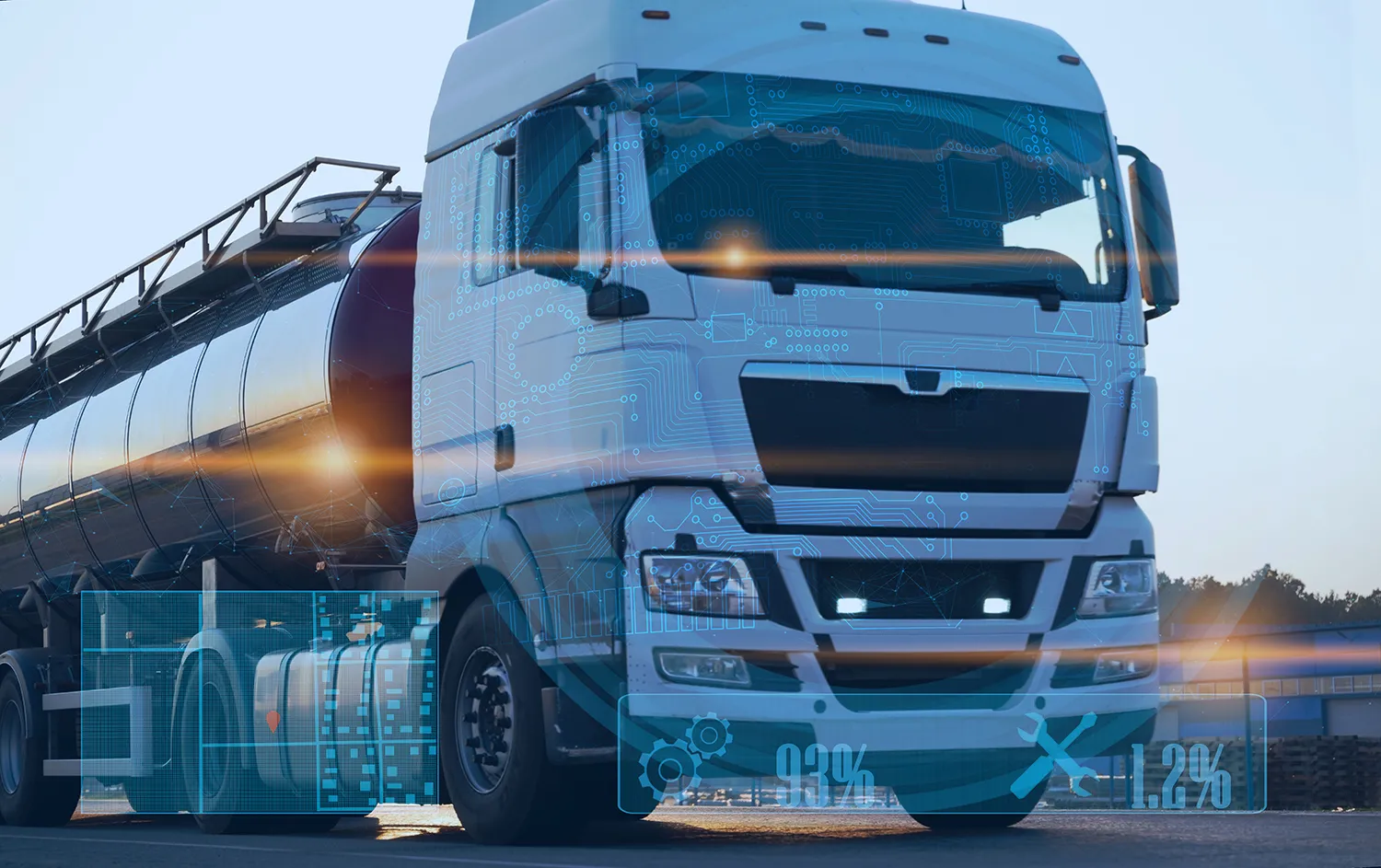
Blockchain adoption will expand further, ensuring supply chain transparency and security. This will create advantages for large players, particularly in insurance and documentation.
Russia’s logistics sector is proving capable not only of adapting to challenges but also of setting global standards. AI, machine learning, and robotics are transforming the industry into a showcase of innovation—competing on international markets while ensuring the country’s technological sovereignty in transport and logistics.









